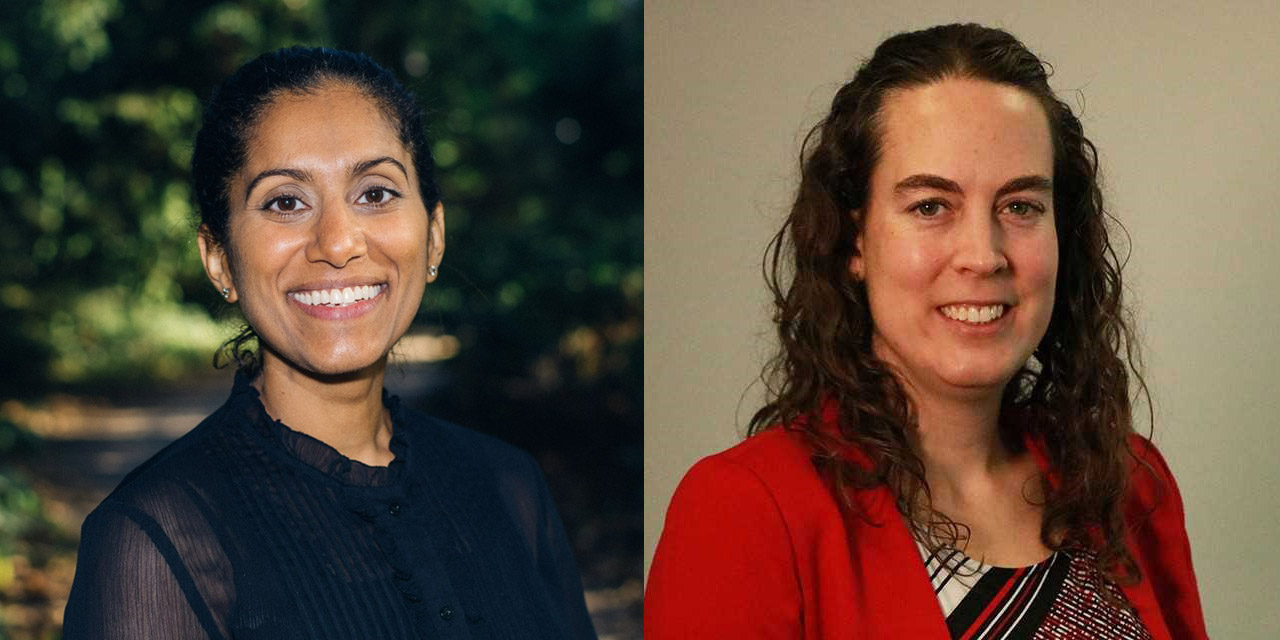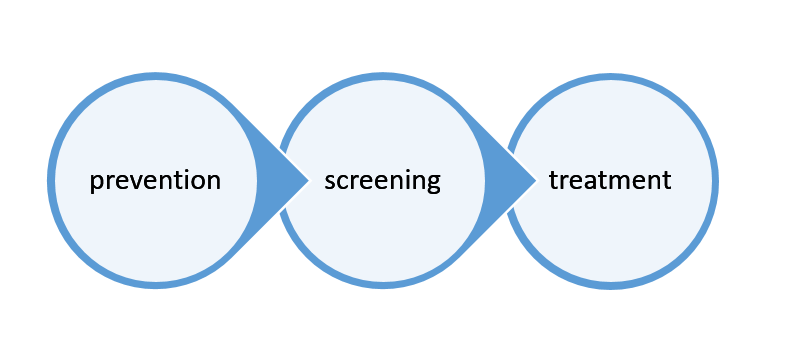HPV Prevention Week (Oct. 1-7) is about bringing awareness to this vaccine-preventable disease and the cancers it can cause

A message from Dr. Unjali Malhotra, Office of the Chief Medical Officer; and Sara Pyke, Clinical Nurse Specialist, Sexually Transmitted and Blood-Borne Infections, Office of the Chief Nursing Officer
The human papillomavirus, also known as HPV, is a very common sexually transmitted infection.
While the majority of HPV infections will disappear over time, in the short term they can cause bumps in the genital area that become warts. The greater risk is the cancers that can develop in the vulva, vagina, penis, anus, or throat in the long term – i.e., years, even decades, after HPV infection.
HPV prevention
HPV vaccines have been shown to reduce HPV infections as well as cervical and anal pre-cancers, and one HPV vaccine also reduces genital warts. It is amazing to have a vaccine that can prevent most HPV cancers! To learn more about the different vaccines, see this link.
It is best to get immunized before becoming sexually active and coming in contact with HPV because the vaccines prevent infection, but do not cure it. So, it is important for families and communities to learn and talk about the HPV vaccine.
An HPV vaccine can benefit people of any sex, gender, or sexual orientation. In BC, the HPV9 vaccine is routinely given in Grade 6 to ensure children are protected well before possible exposure to HPV. People who did not get the vaccine in Grade 6 can still get it and it will still offer benefits – at times it will still be free, although not for everyone. Visit this link to find out more.
HPV screening and treatment
Early detection through screening is key in the treatment of HPV. Currently, Pap smears to screen for HPV are available for those 25 years of age and older. The First Nations Health Authority (FNHA) is working with its partners to improve the Pap screening program and ensure HPV screening becomes more accessible to First Nations people, who often live in remote communities with little or no access to healthcare and other services as a consequence of the racist Indian Act reserve system. As well, many First Nations people have had traumatic experiences of racism in the healthcare system and thus get screened at much lower rates, resulting in higher rates of HPV infection and cervical / other cancers – and in poorer outcomes.
It is important to talk to your health care provider about your options for HPV screening. If you do not have a health care provider, you can make an appointment with the FNHA's Virtual Doctor of the Day at 1.855. 344.3800. For more information about screening, please visit our website.
If you do receive abnormal results from a Pap smear or HPV test, this does not necessarily mean you have cancer. It just means more information is needed about your results. If HPV is detected, working with a health care provider can often prevent its progression.

One First Nations woman shares about her screening experience
As mentioned above, for a number of reasons including barriers to access as well as systemic racism in the health care system and a subsequent fear of mistreatment, many Indigenous people do not get screened as often as they should.
Marion Erickson from the Nak'azdli Whut'en Nation in northern BC is glad she got screened, as a pre-cancerous condition was found. In a video testimonial, she shared her story and encouraged viewers to get regular pap tests. She also talked about the need for culturally safe screening where health care providers recognize the historical trauma that continues to affect Indigenous people when accessing screening.
"I initially felt very scared. It took a long time for me to go back to the doctor. After the procedure, I thought it was important to write my doctor a letter about my experiences with intergenerational trauma and the procedure that I had. She asked if she could take a snippet of it and bring it to her students to share how intergenerational trauma affects the process of women getting the health care they need."
A core value and goal of the FNHA is to ensure that First Nations people experience a culturally safe experience at every stage of their health journey, and that their decisions are supported by trauma-informed health care professionals. The FNHA's Quality Care and Safety team provides a safe avenue for First Nations clients to provide feedback, based on their specific health care experiences. We want to hear from you: quality@fnha.ca

